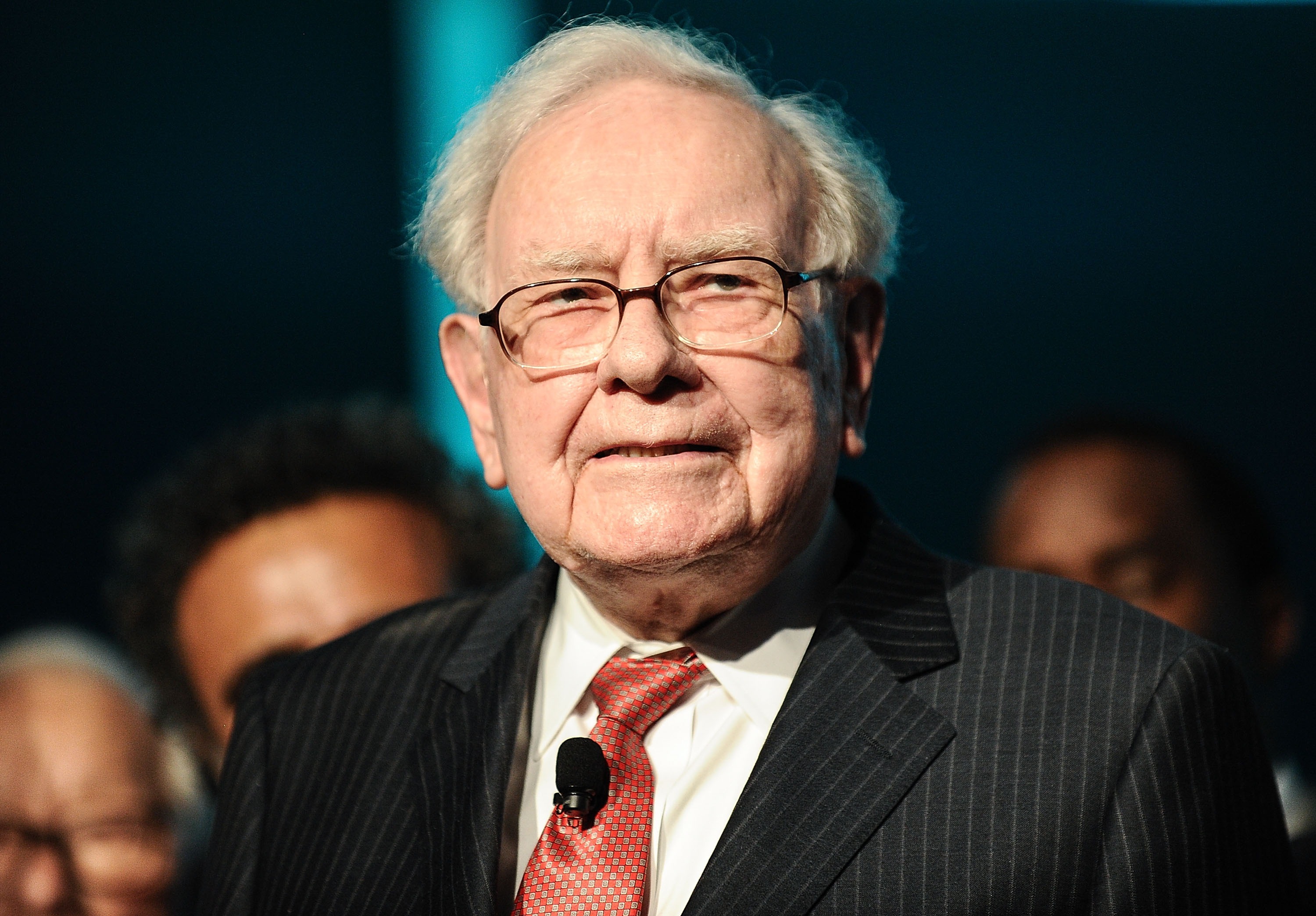 I've often wondered why Warren Buffett's formula for building wealth is so hard to replicate. I think a few things are at play that prevent the average investor from obtaining the sorts of returns Buffett has throughout his career:
I've often wondered why Warren Buffett's formula for building wealth is so hard to replicate. I think a few things are at play that prevent the average investor from obtaining the sorts of returns Buffett has throughout his career:A misunderstanding of Buffett's entire approach
The wrong mindset and temperament
Fear of uncertain outcomes: Even though Buffett's approach to investing is tried and true, it's not certain that someone, following Buffett's approach to a tee, will have the same results. What if they enter the market right before a recession or crash and lose a large chunk of their net worth? Buffett has the confidence from years of experience on his side and he obviously has the means to wait out a dip in the market. In fact, these days, he looks forward to a dip. His Berkshire Hathaway has so much cash on hand right now that he'd love to put some of it to work in the market but equities have recently been out of his buying range. The hard part is waiting until the opportune time to place your bets. And even then, with a rather concentrated portfolio of your best picks, your portfolio will likely be much more volatile than Dow Jones or an index fund. Many people don't fare well with this sort of uncertainty.
This potential lack of a security net scares many potential investors off, as well, as they have families to take care of and other needs to be met. Society also tends to frown upon the guy who leaves a secure, high paying job, to pursue wealth in another venture. It appears irresponsible or greedy or lazy. However, those who do make the jump and do it properly tend to be rewarded. Read Charlie Munger's bio; he left a great career in law to pursue investing full time.
Taking the first step is also difficult. How do you know when to enter the market? This, I believe, can't be learned from the sidelines, but must be obtained from experience. But taking the first step in anything is difficult. We often don't embrace change, but change is necessary.
A misunderstanding of Buffett's entire approach: Many hear Buffett's name and think, "stock market genius". In reality, Buffett has many more layers than his stock picking prowess. He prefers to buy entire private businesses rather than parts of large companies via public trading. He also suggests avoiding excessive debt, but if you understand his approach, he uses significant amounts of borrowed money (insurance "float") to invest in other businesses. His debt is cheap or possibly free; "float" is the money his insurance companies collect as premiums that he can invest until a claim is placed and some money must be paid out to settle the claim. Therefore, if his insurance underwriting team writes profitable policies, the premiums he collects less the administrative expenses becomes additional profit that he can invest. He's basically being paid to borrow money! It's brilliant!
While Buffett's stock market record is absolutely incredible, he never would have been able to take advantage of Mr. Market to the extent that he has, had he not bought privately held businesses that kick off significant cash and provide investable income via insurance float. This is why I believe there is only one Warren Buffett. Buying a business is daunting. I know that from experience. And it takes a number of years for many businesses to reach their full potential or even turn a profit. This is such an important, yet under appreciated, aspect of Buffett's approach. I would venture to say that those who study Buffett's philosophy and follow his advice, rarely buy businesses. They are missing a key ingredient in duplicating Buffett's success. Others have had success in the market like Buffett. Read his, "The Superinvestors of Graham and Doddsville" article for evidence. But the magnitude of his accomplishments was made possible by the cash kicked off from his private businesses.
The wrong mindset and temperament: Buffett also ENJOYS the extreme long game, not because he has to, but it's simply his mindset. He wants to be able to sleep at night stress free; a portfolio manager doesn't have that luxury. Professional money managers can't touch Buffett because they need to keep up, year after year, with their colleagues and competitors. A portfolio manager can't tell his boss to give him 5 years before reviewing his performance. Buffett never had to answer to anyone but himself and his partners - and his partners had full faith in him.
Individual investors are in the same boat. They can't handle the ups and downs of the market and so they end up selling out at the wrong time. They don't focus on the long game. They don't have the confidence that things will work out.
Buffett is truly one of a kind and the goal doesn't need to be to attain greater wealth than him. If one can accomplish a tenth of what he has accomplished, they will find themselves very well off. To do that, you need to be comfortable with the uncertainty, understand the Oracle's entire approach, and keep a level head with a proper mindset.
No comments:
Post a Comment